Published
3 months agoon
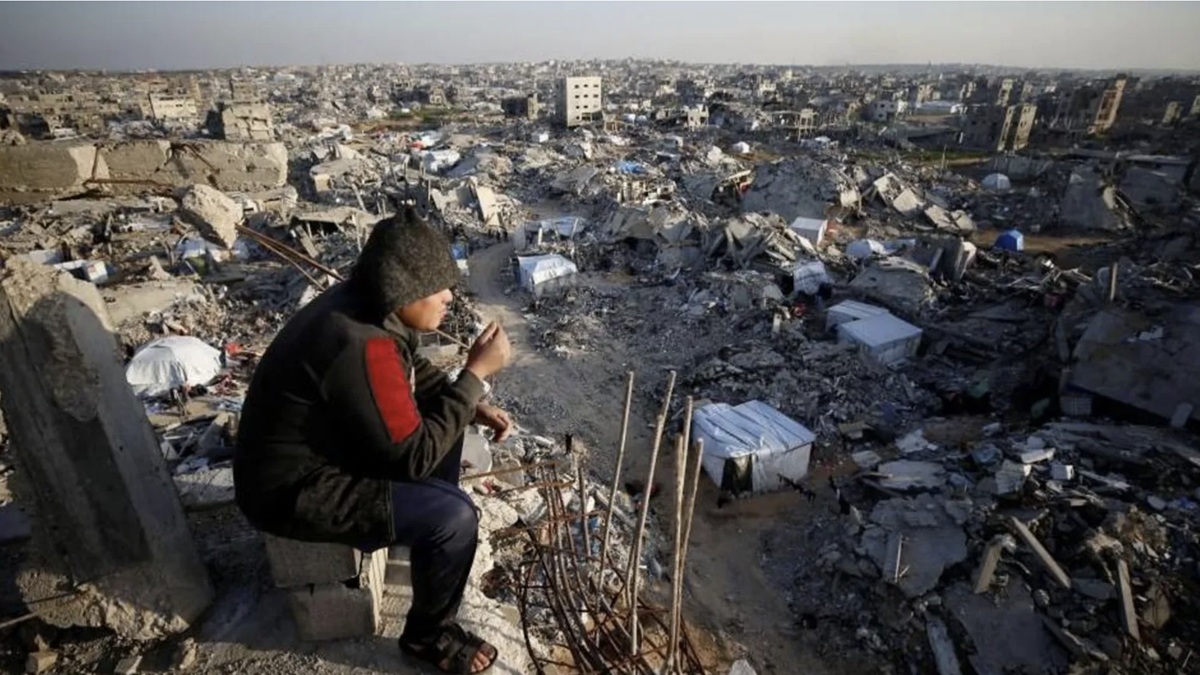
The first six-week phase of the Gaza ceasefire is set to end on Saturday, marking a pivotal juncture in the ongoing conflict. Over the 42 days since January 19, a period marked by fluctuating emotions—hope, grief, anger, and uncertainty—key developments have unfolded as planned. Israeli hostages, both living and deceased, have been released, and Palestinian prisoners have also been freed. However, the negotiations concerning the second phase of the ceasefire, which includes the release of the remaining hostages and the withdrawal of Israeli troops from Gaza, have barely commenced.
On Friday, talks began in Cairo, but by evening, Israel’s delegation returned home. Reports indicated that these negotiations would proceed “at a distance,” with Israeli Prime Minister Benjamin Netanyahu holding late-night talks with senior ministers and intelligence chiefs—a rare and significant occurrence given the timing of the meeting, which took place during the Sabbath. As of mid-morning on Saturday, no further details of the discussions have emerged.
Israel seems inclined to extend the current ceasefire phase for another six weeks, with the goal of securing more hostages’ release and freeing additional Palestinian prisoners. However, Israel is unwilling to withdraw its troops, maintaining its stance that Hamas must disarm and relinquish control of Gaza. Further complicating matters is Israel’s refusal to vacate the Philadelphi corridor along the Egypt-Gaza border, a process expected to begin on Saturday. An unnamed Israeli official stated, “We will not allow the Hamas murderers to again roam our borders with pickup trucks and guns, and we will not allow them to rearm through smuggling.”
Hamas, on the other hand, has expressed reluctance to agree to any extension of phase one unless it receives guarantees from American, Qatari, and Egyptian mediators regarding the commencement of phase two. Hamas seems determined to retain a presence in Gaza, although it might be open to delegating day-to-day governance to other Palestinian factions, such as the Palestinian Authority based in the West Bank.
Egypt has been preparing a reconstruction plan for Gaza, which aims to offer an alternative to former President Donald Trump’s controversial proposal to seize the area and evacuate its civilian population. However, Western diplomats are skeptical that the Egyptian plan will meet Israel’s stringent security and governance demands, especially given the fragile political environment.
This moment is undoubtedly critical. While Israelis have largely come to expect the gradual release of hostages, the sense of urgency is palpable. Currently, there are believed to be 24 hostages still alive, with another 39 presumed dead. Israelis are desperate to bring all hostages home, but public frustration is mounting, particularly in light of the propaganda tactics that have enraged the nation. Protests are planned across the country, including one in Tel Aviv’s “Hostages Square,” where Israelis are demanding the return of all 59 remaining hostages by day 50 of the agreement.
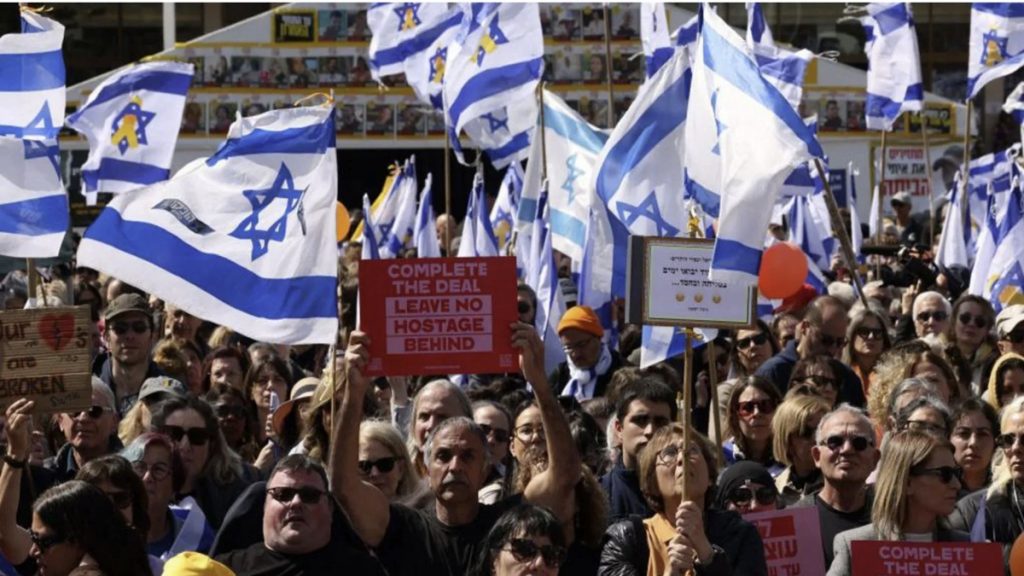
Mourners paid their respects to the Bibas family at Hostages Square in Tel Aviv – some holding up signs urging the Israeli government to ensure the return of all remaining hostages
UN Secretary-General António Guterres has urged all parties to make every effort to prevent a collapse of the ceasefire deal. However, there is a pervasive sense of foreboding that, sooner or later, the conflict may resume. This prospect is especially grim for the hostages and the two million Palestinians who are attempting to rebuild their lives amidst the fragile peace. The thought of renewed conflict in a region that has already experienced immense loss and destruction is deeply troubling. Areas in Gaza that have so far been spared the worst of the violence may face severe devastation should the war restart, further exacerbating the already dire humanitarian crisis.
As the ceasefire deadline approaches, the world watches with bated breath, aware that the path forward is fraught with uncertainty and immense challenges.


Germany’s New Coalition Government Unveils Stricter Immigration and Citizenship Policies
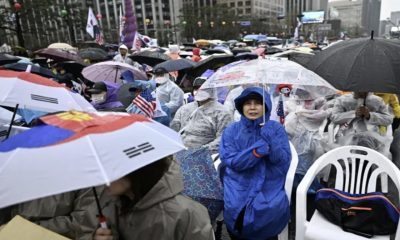

Mass Protests Erupt in South Korea Over President Yoon’s ImpeachmentAFP


EU Representatives Agree on New Driving License Rules
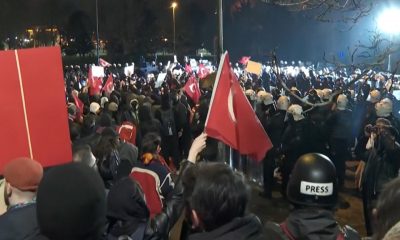

Erdogan Calls Turkey Protests ‘Evil’ as Unrest Escalates


Former U.S. Attorney Jessica Aber Found Dead at 43
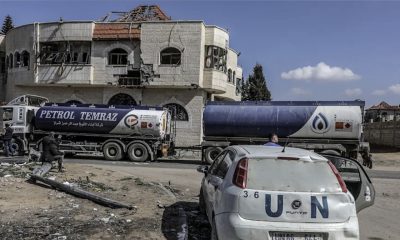

UN Reduces Staff Presence in Gaza Due to Security Concerns


US Government’s Security Blunder: Journalist Accidentally Invited to Secret Chat










